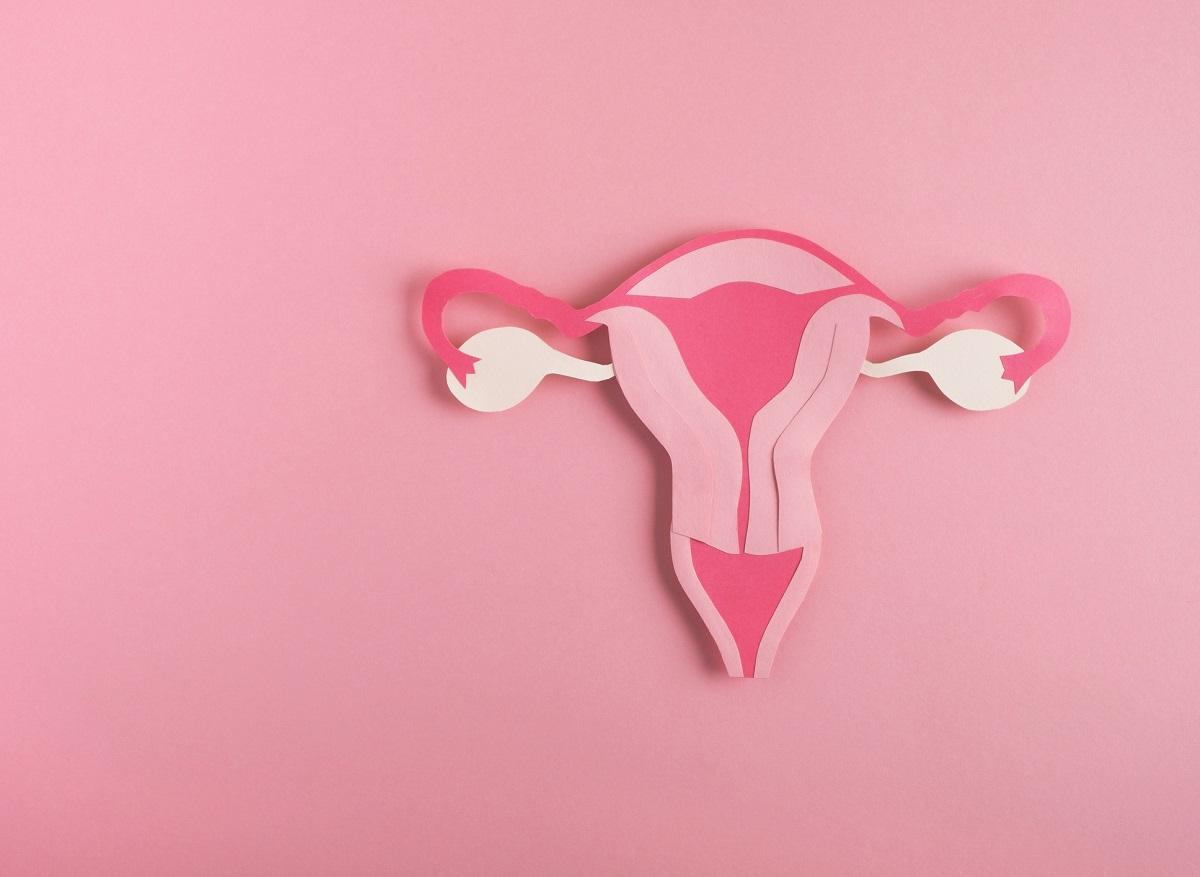To fight against gynecological violence, the National College of French Gynecologists and Obstetricians (CNGOF) has published a charter recalling the rules to be respected with patients.

- The charter insists in the first place on the need for consent before any examination.
- The charter also recalls the benefits of clinical examination for monitoring women’s health.
- The CNGOF insists that this charter be posted in the waiting areas of specialists.
In recent years, the behavior of some gynecologists has been singled out. In 2018, the High Council for Equality warned of an increase in violence against patients. This year, it was the preliminary investigation for rape targeting endometriosis specialist Émile Daraï that reignited the debate. In response, the National College of French Gynecologists and Obstetricians (CNGOF) has just published this Thursday, October 21 a charter reminding professionals of the rules to respect with patients.
A charter to display in waiting areas
“Professionals are fully aware of the particularity of the gynecology or obstetrics consultation which affects the psychological and physical intimacy of women.”, advances the text in the preamble. In view of this specificity, one of the central rules is that of consent. “The woman’s oral agreement is obtained before any clinical examination”, thus insists the charter. This therefore invites professionals to act with “kindness and respect”. By following this idea, the CNGOF suggests that all practitioners in France adhere to this charter and display it in waiting areas, and “it is up to each woman to read it before the consultation”.
In pursuit of the particularity of this consultation, the charter recalls that the woman “must be able to undress out of sight, respecting their modesty”. She may also be assisted by the person of her choice. Furthermore, the examination must be interrupted as soon as the patient expresses her will. “No pressure, in case of refusal, will be exerted on it; it is then advisable to inform him of the possible need for a new appointment to carry out the examination, if this is essential, and to inform him of the diagnostic and therapeutic limits that this absence of clinical examination may train”, specifies the text.
The practitioner’s bible expected in a year and a half
The charter also recalls the benefits of clinical examination for monitoring women’s health. “The examination provides information that imaging cannot provide (such as the condition of the vulva, vagina and cervix, the mobility of the pelvic organs, the contraction of the muscles or the mapping of the painful areas and the type of pain , or the origin of bleeding or discharge). It also allows the practice of samples (smears, bacteriological examinations).”
At the same time, recommendations for practice are being drafted jointly by doctors and patients. They are expected within a year and a half to improve the quality and safety of care.
.
















